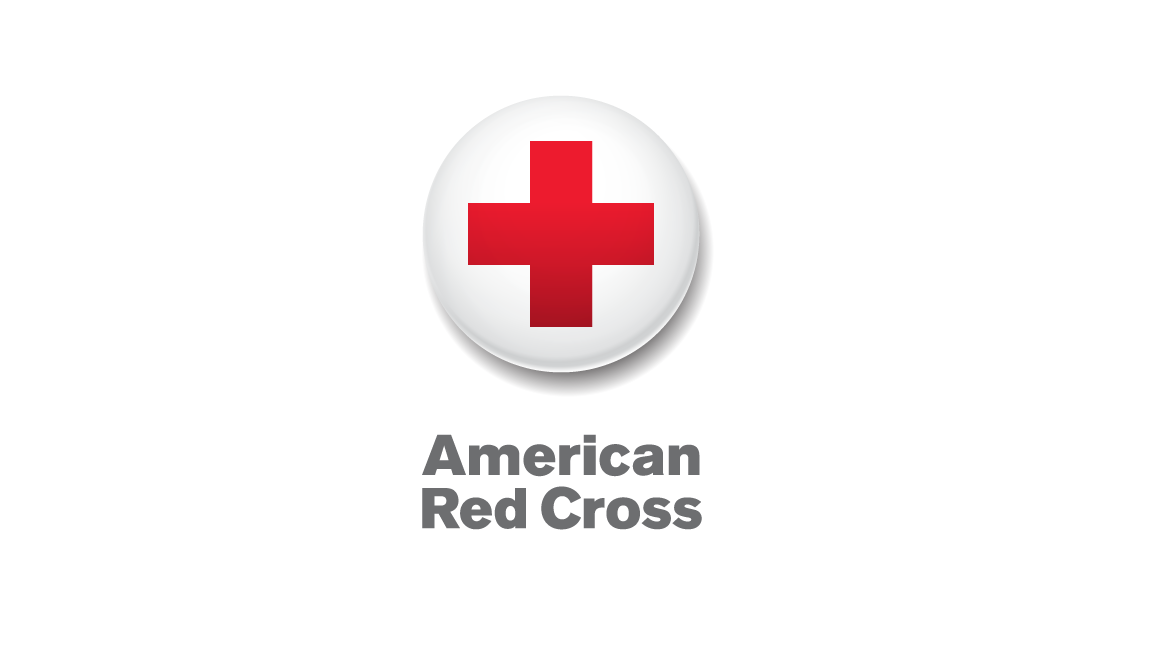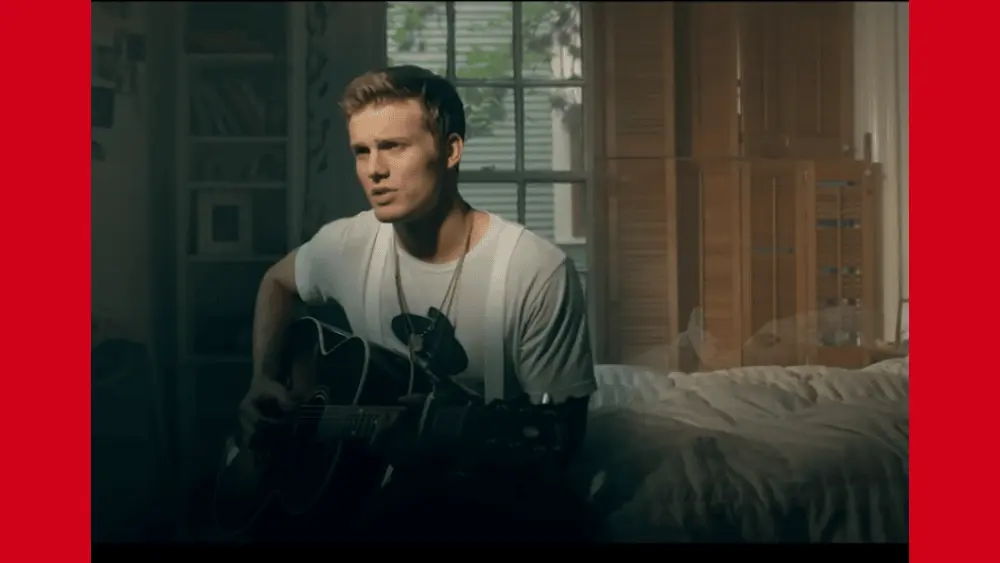The American Red Cross has released a list of safety tips for people in Kansas to follow during times of winter storms and bitter cold temperatures.
The organization is urging people to donate blood, since winter weather has forced the cancellation of around 100 blood drives across the country. Where it is safe to do so, we encourage people to schedule a blood donation appointment by using the Red Cross Blood Donor App, visiting the web site RedCrossBlood.org or calling 1-800-RED CROSS (1-800-733-2767).
The Red Cross has general advice for people to remember during the winter months:
WINTER SAFETY: Stay warm indoors. If your home becomes too cold, go to a public library, shopping mall or warming center.
- Use care with space heaters and fireplaces to prevent fires. Keep anything that could catch fire at least 3 feet from the heat. Turn portable heaters off when you leave the room or go to sleep.
- Use battery-powered lights and flashlights instead of candles to prevent fires.
- To prevent carbon monoxide poisoning, don’t use an oven to heat your home.
- Carbon monoxide kills. If you start to feel sick, dizzy, or weak, get to fresh air right away.
- If you must go outside, wear layers of loose clothing, a coat, hat, mittens and water-resistant boots. Use a scarf to cover your face and mouth.
- Check on loved ones and neighbors to make sure they are staying warm, particularly if they are older or live alone.
- Be careful walking on snow or ice and avoid overexertion when shoveling snow. If possible, work with a partner and take frequent breaks.
- Stay off the roads when possible. If you become stranded, stay in the vehicle and wait for help.
Stay warm to avoid frostbite and hypothermia. Your nose, ears, cheeks, chin, fingers and toes are often the first areas affected.
- Signs of frostbite include pain, numbness or a change in skin color.
- Signs of hypothermia, which can be deadly, often include shivering, confusion, drowsiness and slurred speech.
- Act fast and get out of the cold immediately if you see signs of hypothermia or frostbite.
- Get emergency medical care right away.
POWER OUTAGES: If you’re using a generator to power your home, please keep it outside and away from doors, windows and vents to prevent carbon monoxide poisoning.
- Keep the generator dry and don’t use it in wet conditions.
- Never use a generator, grill, camp stove or other gasoline, propane, natural gas or charcoal-burning device inside a home, garage, basement or other partially enclosed area: Keep this equipment outside and away from doors, windows and vents, which could allow carbon monoxide to come indoors.
- Operate the generator on a dry surface and don’t touch a generator with wet hands.
- Turn the generator off and let it cool down before refueling. Gasoline spilled on hot engine parts could catch fire.
- Plug appliances directly into the generator. Never plug a generator into a wall outlet.
- Carbon monoxide kills. If you start to feel sick, dizzy or weak, get to fresh air right away.
During a power outage, unplug appliances and electronics to avoid damage from power surges. Leave one light on, so you’ll know when power is restored.
- Use flashlights or battery-operated lanterns — not candles to avoid fires.
- Don’t drive unless necessary. Traffic lights will be out, and roads could be congested.
To prevent illness, keep food cold. When in doubt, throw it out.
- Eat fresh, perishable foods first.
- Keep refrigerator and freezer doors closed as much as possible to help keep food cold.
- Use coolers with ice if necessary.
- Measure the food temperature in your refrigerator and freezer with a thermometer. Throw out perishable food that has been warmer than 40 degrees Fahrenheit.








